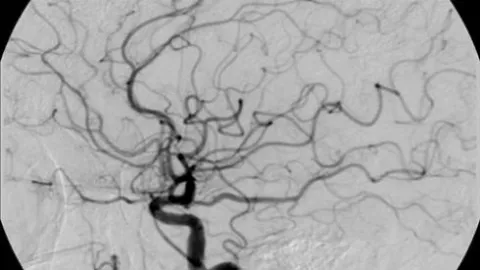
Treatment for chronic cerebrospinal venous insufficiency (CCSVI) not effective in MS
Surgery to relieve chronic cerebrospinal venous insufficiency (CCSVI) is of no benefit to people with MS, according to initial results from a Canadian trial.
CCSVI is a term used to describe a narrowing of the veins in the neck that affects blood flow out of the central nervous system. It was first suggested to contribute to damage in MS in 2009, but this link has since been challenged.
Definitive CCSVI trial
Treatment for CCSVI involves surgery to open blocked veins in the neck. In a carefully controlled trial, researchers found that the surgery did not reduce MS symptoms or damage detected on MRI scans.
This trial involved over 100 people with MS who also had a narrowing in a vein in their neck.
This adds to growing evidence that CCSVI is not more common in people with MS.
Risky and invasive procedure
The lead researcher, Dr. Anthony Traboulsee said: “We hope these findings, coming from a carefully controlled, ‘gold standard’ study, will persuade people with MS not to pursue liberation therapy, which is an invasive procedure that carries the risk of complications, as well as significant financial cost.”
Proven treatments
Dr David Schley, our Research Communications Manager, said: "This is yet more evidence to confirm that this treatment just doesn't work for MS. We hope our community will be reassured by this definitive trial which shows that risky and expensive surgery for CCSVI provides no benefit at all.
"Our priority is in making sure that people have access to a wide range of safe and effective treatments."



